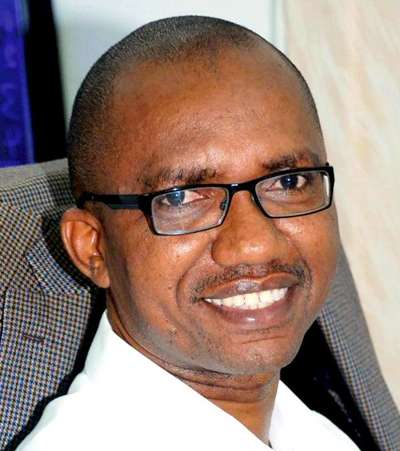The Merits of a Technocratic Chief of Staff in the Success of Nigeria’s Presidency By Ojo Emmanuel Ademola
The essence of governance lies not merely in politics but in the efficient and effective management of a nation’s resources for the public good. For Nigeria, a country bustling with potential yet facing multifaceted challenges, appointing a technocratic Chief of Staff to the President could be a game-changing strategy. This piece will articulate why a technocrat, with their specialized knowledge and expertise, is likely to enhance the success of Nigeria’s President compared to a traditional politician.
Expertise and Specialization
A technocrat, by definition, possesses technical expertise and a deep understanding of specific domains. When a President is supported by a Chief of Staff who is well-versed in economics, public policy, or a particular sector of importance to the nation, such as technology or energy, decisions are rooted in informed insights rather than partisan biases. This specialized knowledge is vital in navigating the complexities of modern governance and achieving strategic objectives.
Policy-driven Approach
Technocrats are known for their focus on data-driven and evidence-based approaches to problem-solving. In contrast to a politician who may prioritize the party ideology or re-election prospects, a technocratic Chief of Staff would emphasize policy outcomes and efficiency. Such an individual could guide the President towards implementing measures that are pragmatic and results-oriented, directly impacting the welfare of the citizens and the nation’s development.
Non-partisan Outlook
One notable advantage of a technocrat in the position of Chief of Staff is their non-partisan perspective. Free from the encumbrances of party politics, they are better positioned to broker consensus and collaborate with various stakeholders—be they political opponents, private sector leaders, international partners, or civil society. This non-partisan approach can foster a more unified and practical drive towards national objectives.
Innovation and Adaptability
Technocrats often bring a culture of innovation and adaptability to the table. With the world rapidly changing due to technological advancements and economic shifts, a technocratic Chief of Staff can assist the President in adapting policies and strategies to keep pace with these changes. Their inclination towards embracing new ideas and technologies can catalyze the modernization of governance and public service.
Implementation and Execution
Politicians often excel at rhetoric and the art of campaigning but may fall short when it comes to the nitty-gritty of policy execution. A technocratic Chief of Staff is typically more attuned to the nuances of implementation and can bridge the gap between policy formulation and execution. They can ensure that presidential initiatives transition smoothly from the drawing board to the ground, yielding tangible results.
In conclusion, the goal of any President should be to steer the nation towards progress and prosperity. In the context of Nigeria, where deep-seated issues and unrealized potential coexist, the appointment of a technocratic Chief of Staff could be instrumental in cutting through the complexities of political manoeuvrings. It would symbolize a commitment to governance that is progressive, effective, and unbiased. As the Chief of Staff plays a pivotal role in shaping presidential initiatives and operational efficiency, having a technocrat in this position is likely to augment the President’s ability to deliver on campaign promises and push the boundaries of what is achievable for Nigeria.
Prof. Ojo Emmanuel Ademola is the first Nigerian Professor of Cyber Security and Information Technology Management, and the first Professor of African descent to be awarded a Chartered Manager Status.



